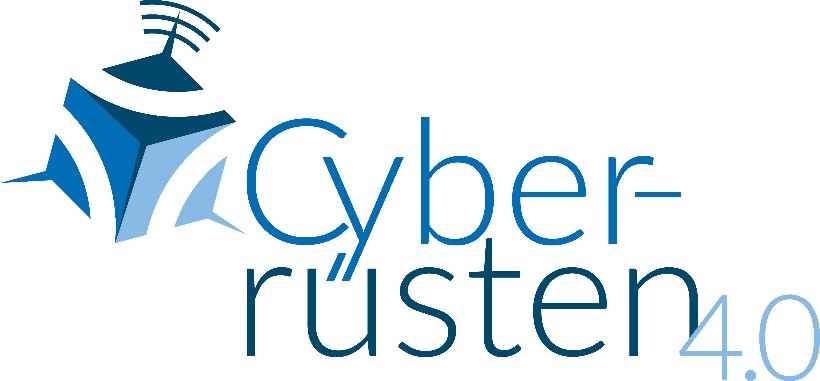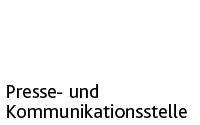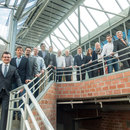Securing the knowledge of skilled workers
EUR 1.5 million for research project at University of Siegen. Preserving the skills of machine operators for future generations.
Over 150 global market leading companies are based in South Westphalia. The industrial strength of the region and its enterprises lies in the expertise of its skilled workers. But the knowledge and experience of these individuals is lost when they leave their profession, unless it is passed on to their younger colleagues. This knowledge transfer is at the heart of a new research project being conducted by the University of Siegen and several partners. In the context of Industry 4.0 and in response to the challenge of demographic change, the research partnership has set itself the goal of developing a method for distilling the knowledge of the most experienced workers in order to immortalise it for the benefit of future industry.
By way of example, in order to manufacture a steel tube using a bending process (rotary draw bending with mandrel and wrinkle-reducer), it is necessary to configure six tools independently of one another. This configuration requires the experience of the machine operator. The more experienced the operator, the faster the bending process. Consequently, the first step in the project involves asking the operators about the configuration and operating processes for the different machines and observing them at work. This allows individual knowledge to be captured.

 This knowledge will form the information base and
serve as a decision-making aid in future, providing machine
operators with suggestions for achieving the best process
configurations. In this way, a guide will be created to support
operators as part of Industry 4.0. Automation will not be used
to replace human work, but rather to benefit humans, and it
will be adapted to their demographic needs.
This knowledge will form the information base and
serve as a decision-making aid in future, providing machine
operators with suggestions for achieving the best process
configurations. In this way, a guide will be created to support
operators as part of Industry 4.0. Automation will not be used
to replace human work, but rather to benefit humans, and it
will be adapted to their demographic needs.
This work package will be implemented primarily by the Siegen SME Institute (SMI) in cooperation with the Chair for Technology Management and the Chair for Business Information Systems and New Media at the University of Siegen. The Chair for Forming Technology is providing the machine equipment and separates the forming parameters from the decisions of the machine operator.
Based on this knowledge transfer and a laboratory-scale process influence matrix, the information is transferred to an industrial serial process, which is then handled by research partner Westfalia Metallschlauchtechnik GmbH & Co. KG at its headquarters in Hilchenbach. It is necessary to separate the laboratory and series environments in order to map the holistic causal factors.
This knowledge is subsequently integrated into a prototype control system, which will be connected to a wide range of machinery by Lachmann & Rink GmbH, based in Freudenberg. A visualisation aid integrated into this system provides the machine operator with a choice of configurations which deliver the fastest results and therefore give rise to a forming process which operates within the process thresholds.
 The project is entitled “Cyber-equipping
4.0 – cyber-physical support for humans in the set-up process
using the example of a bending process for small batch
production based on a knowledge transfer approach” and has a
total volume of EUR 2.6 million. Almost EUR 1.5 million of this
amount is being provided by the University of Siegen, with 90
per cent of it financed by funding bodies.
The project is entitled “Cyber-equipping
4.0 – cyber-physical support for humans in the set-up process
using the example of a bending process for small batch
production based on a knowledge transfer approach” and has a
total volume of EUR 2.6 million. Almost EUR 1.5 million of this
amount is being provided by the University of Siegen, with 90
per cent of it financed by funding bodies.
The German federal state of North Rhine-Westphalia is funding the project as part of the ERDF (European Regional Development Fund) lead market competition. The lead market competitions are run by Leitmarktagentur.NRW. Funding partners also receive support from associate partners Tracto Technik GmbH & Co. KG (Lennestadt), Fischer HDE (Achern and Menden), and PMD Technologies (Siegen). Additionally, these partners serve as facilitators in encouraging acceptance of the project within industrial SME culture.
Following the project, the methodology will be transferred to forming processes other than bending and to other heavily automated machine configuration processes in order to quantify the experience of long-standing machine operators and keep it available for future decision-making processes concerning process configuration.


